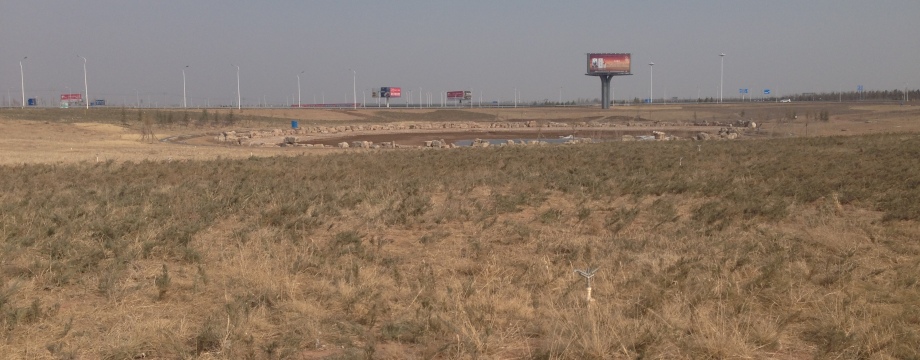In rural China, many parents give up on raising their children themselves so they can go to the cities and work. They work so they can provide their children with an education and go on to have the lives the couldn’t have themselves. The Chinese New Year is the one time they can go home to be with their families. Living in Shanghai you realise how many people in the cities are immigrant workers. The city is almost like a ghost town during the New Year – nearly everywhere is closed because everyone has gone back to the countryside to see their families.
This is the premise of the film Last Train Home directed by Lixin Fan. It follows the lives of two immigrant workers in China, beginning in 2006 with their attempt to get a train ticket home so they can see their family for the Chinese New Year.
During the run up to Chinese New Year, train tickets sell out. Fast. We see the workers talking about trying to get a ticket home. If they sell out they might have to get an “expensive” ticket. An alternative is to try “Ticket Returns” to try for a ticket someone no longer needs. Later on in the film we see crowds at the train station so huge they have to bring in the police and the army to maintain order. The film also shows how people have to squeeze onto the trains, even after they have their tickets, spending days sleeping and passing the time however they can.
The rest of the film shows how this way of living has affected the families of the immigrant workers. The parents who have nothing to live for but their child’s education. They doubt the choice that has led them to hardly seeing their own children, sometimes for years at a time. The grandparents who are left to raise the children. The children who end up feeling their parents don’t want them. The frustration when a child chooses not to become educated, destroying everything the parents have worked towards.
You’d be forgiven for believing this film wasn’t a documentary – many of the scenes felt a little scripted or faked, but whether or not this is true the film still tells a narrative that is all too familiar in China. For me it was an eye-opening experience, showing the hardships caused by a third of the population suddenly moving into the cities from the farms. It puts a human face on China’s recent industrial revolution and for that it is a film worth watching.





